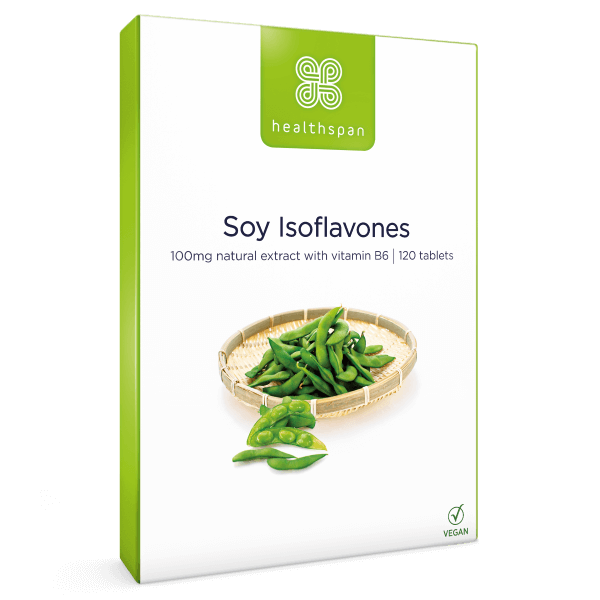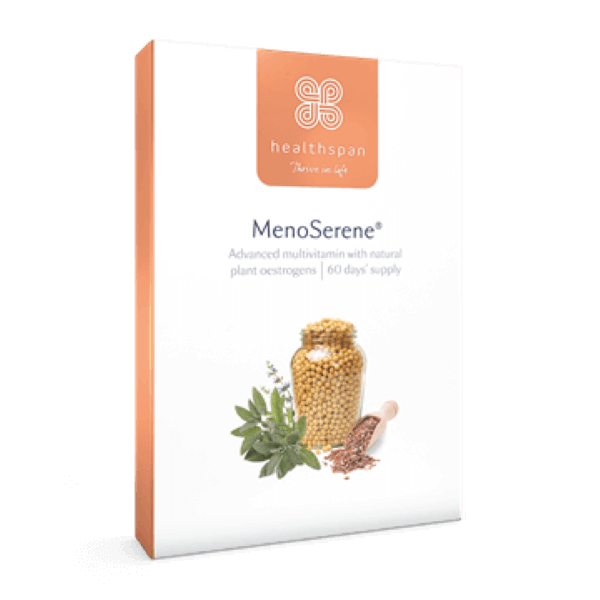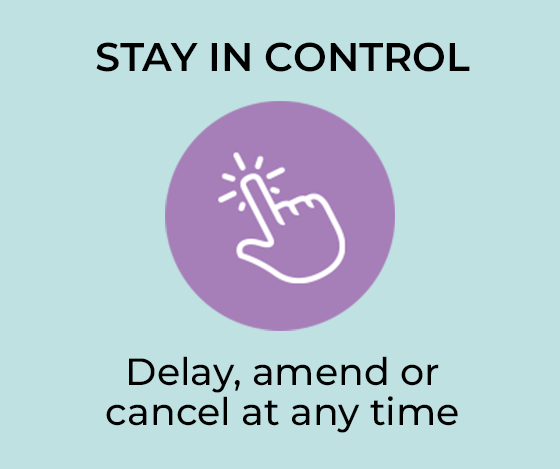Stress can cause a range of emotional and physical responses. Where these responses are emotional, feelings can be caused by how we think, perceive, and respond to a situation. For example, we might feel overwhelmed or anxious. The body can also experience a physical response, such as a raised heart rate, sweaty palms, and diarrhoea. But what has stress got to do with menopause?
For some women, going through menopause can feel stressful in itself. The transition can be a life-changing experience, and is not at all negative, as we are often led to believe. It can be a time to evaluate our lives: to look at our careers, relationships, and health and wellbeing.
Fluctuating hormone levels during menopause alter the way we physically and emotionally respond to stress and can bring on feelings of depression, anxiety, or make us feel overwhelmed and isolated. Some women who don't realise that these feelings are hormonal issues are sometimes prescribed anti-depressants as a solution. But there are plenty of natural ways to manage your symptoms and alleviate some of the feelings of stress you're experiencing.

Soy Isoflavones
Natural soy extract and potent source of phytoestrogens
- 100mg soy extract per vegan tablet
- 40% isoflavones
- Added vitamin B6 to support and regulate hormonal activity
Quick biology
Your body produces two hormones when under stress, called cortisol and adrenaline. They are produced in part of the endocrine system called the adrenal glands. These glands sit on top of your kidneys. They typically don't get a lot of press, which is a shame, as they work especially hard both during menopause, and when we experience chronic stress.
Cortisol and adrenaline are your 'fight, flight or freeze' hormones. Whilst this sounds negative, these hormones can give you energy, focus, and increase alertness. Chronic, long term stress can cause larger health issues, and play havoc with the delicate balance that our hormones have with each other.
Chronic stress and menopause
During menopause, the adrenal glands take over some of the work of the diminishing ovaries and produce small amounts of progesterone and oestrogen. The body is wonderful at adapting to the transition to menopause, but the adrenal glands cannot produce these female hormones efficiently when they are constantly pumping out stress hormones: the body will always choose survival over fertility.
When we experience stress, the body becomes primed for attack, and the adrenal glands choose to produce cortisol and adrenaline over the production of oestrogen and progesterone. This is bad news for menopausal women, as we need these hormones for our health and emotional well-being.
When we are experiencing chronic stress, whether it is from a high-sugar diet, a bad relationship or from feeling overwhelmed, it forces the adrenal glands to sustain high levels of cortisol. This could also lead to adrenal fatigue, sometimes known as 'burn out', which can lead to depression, weight gain, exhaustion, insomnia, and foggy thinking.
Read more: The best menopause supplements
No woman needs to suffer troublesome menopausal symptoms, as many options are available – including natural alternatives to prescribed HRT.
Read more
Progesterone, oestrogen and stress
Progesterone and oestrogen work against the impact cortisol has on our body. Our body can buffer stress before menopause because we have optimal levels of progesterone. Once those levels start to lower during perimenopause, the cortisol buffering effect weakens. High cortisol levels can also decrease progesterone's impact on the body.
High cortisol can cause the following symptoms, which are also symptoms of perimenopause:
- Insomnia
- Low energy, even if getting adequate sleep
- Frequent colds
- Cravings for unhealthy foods
- Digestion problems like bloating
- Weight gain, especially around the middle
- Low sex drive
- More aches and pains
- Low mood
What's the solution?
Your perimenopausal years are the ideal time to reflect and be honest with yourself about your lifestyle to figure out the factors that might be contributing to your feelings of stress.
Nutrition tips
During menopause, you'll need to pay careful attention to your new health needs and change your nutrition and lifestyle changes accordingly. For instance, you might consider:
- The more variety of vegetables you eat, the less your body will crave unhealthy foods.
- Good quality protein, meat/fish/eggs/pulses, as they will help keep you fuller for longer.
- Move away from processed, pre-packaged foods and return to more wholesome, home-made foods.
- Watch your sugar intake: a high sugar/carbohydrate diet will cause a stress response in your body.

MenoSerene
Vitamins, minerals and plant oestrogens to support women through the menopause
- Vitamin B6 to regulate hormonal activity, high dose of vitamin E
- Calcium, magnesium and vitamin D for healthy bones
- Phytoestrogens from soy and omega 3 from flax
Blood sugar levels
Focus on a diet that keeps your blood sugar levels balanced. When you eat a diet that sends your blood sugar roller-coastering, your body will respond by producing more cortisol. When your blood sugar crashes after a cake and coffee, your body uses cortisol to bring your blood sugar back up.
Stress reduction techniques
It can feel difficult to reduce stresses in our fast-paced, modern world, but there are ways you can manage these anxieties.
- Deep breathing exercise - taking five deep, long breaths can effectively calm down your nervous system.
- Relaxation/meditation - sitting for 5 minutes with your eyes closed and focusing on your breathing can work wonders.
- Walking - this is an over-looked activity that is not only great for your overall wellbeing, but it is also brilliant for stress management.
Exercising right
The human body loves to move, so move it any way you like: dance, swim, walk, run, yoga, pilates, or aerobics. It's worth noting that intense exercise can also be a source of stress via the production of cortisol, so it's good to balance something like aerobics with a gentler activity, such as yoga and pilates.
Journal
Writing down how you are feeling can be a good way of off-loading information that you don't want to share with others. It may help you see some areas that need your attention more clearly. It's also a good opportunity to take note of the language you use when you talk to yourself: do you treat yourself like your best friend or worst enemy? Be kind and gentle to yourself, and keep an eye on anxieties you may need to address.












